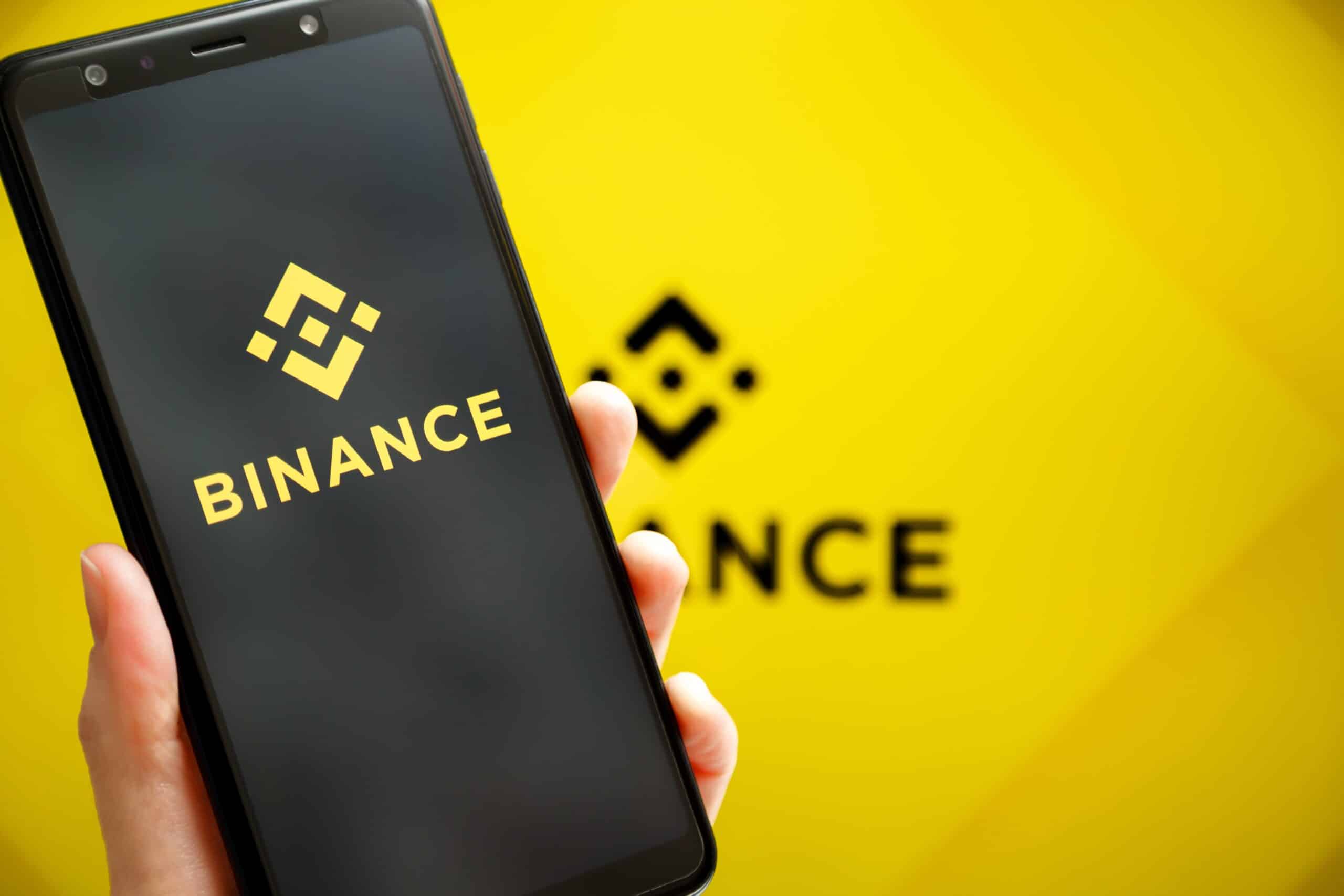“What is the difference between a crypto asset that is a security and a crypto asset that isn’t?”
That question came from U.S. District Court Judge Amy Berman Jackson, with a slight flinty edge to her voice three hours into a hearing in the Securities and Exchange Commission’s (SEC) case against Binance, the embattled crypto exchange that is the world’s largest crypto exchange by trading volume.
On Monday, the district court in Washington, D.C. heard arguments revolving around Binance’s motion to dismiss the SEC’s case against it. They included, among other things, disputes over whether the statute of limitations on Binance’s initial coin offering had run out, and whether the SEC had jurisdiction over a company that claimed not to operate in the U.S.
But regarding the question of whether Binance’s BNB token is a security, Jackson was recirculating a criticism of the SEC’s legal strategy that is all too familiar to the crypto industry — the agency, which has long held sway over the stocks and bonds of Wall Street, still doesn’t clarify what in the world of crypto doesn’t count as a security.
“It seems like you’re trying to say that all digital assets at the end of the day have the earmarks of a digital security — I know you’re saying that you’re not saying that,” Jackson continued, over an interjection from SEC counsel. “What is the boundary of your definition? And don’t just say Howey.”
Here, Jackson was referring to a 1946 court decision that set a standard for the then-12-year-old SEC’s definition of “investment contract,” a term upon which the fate of the crypto market hangs.
“I know that the court may be frustrated that there’s no bright line,” Jennifer Farer, an attorney for the SEC, said.
Nonetheless, the agency maintained in its earlier memorandum opposing dismissal that “BNB Is Offered, Sold, and Traded as an Investment Contract.”
A String of Losses for the SEC
The question has been a sticking point for many of the SEC’s legal cases — leading to a number of recent routs under judges who have lost sympathy for the SEC. The first major courtroom loss the SEC faced in its crackdown on ICOs was the decision in its case against Ripple last summer.
The hearing on Monday progressed with the judge grilling the legal teams for both the crypto exchange — subdivided into representatives for global, U.S. and Binance founder Changpeng Zhao — and the regulator.
That fact was not necessarily any consolation for Binance, however, since Jackson did not seem to have too many questions about the application of securities laws to the BNB token itself, suggesting that she isn’t all that interested in the exchange’s defense of its ICO.
The SEC’s suit against the exchange is a 13-count case alleging everything from failure to register to fraud. The case outlived a $4.3 billion criminal settlement that was brought by a laundry list of other agencies.
Changpeng Zhao, Binance’s founder and CEO, is still waiting on sentencing, a situation that Zhao’s attorney, Abid Qureshi, admitted made his argument more difficult.
“This action seems like it was a long time coming,” said Jackson of the case against Binance.
In a parallel case against Coinbase — indeed, one that the SEC filed the day after the Binance case — another judge just last week found analogous issues with the SEC’s litmus test for securities, namely, that the agency could pull any sort of asset into its domain.
A courtroom loss against Grayscale also pushed the SEC to end its decade-long embargo on a Bitcoin spot ETF, the first generation of which launched earlier in January.
The SEC and Binance now await the judge’s decision as to whether the case goes any further or, as the exchange hopes, gets thrown out.



